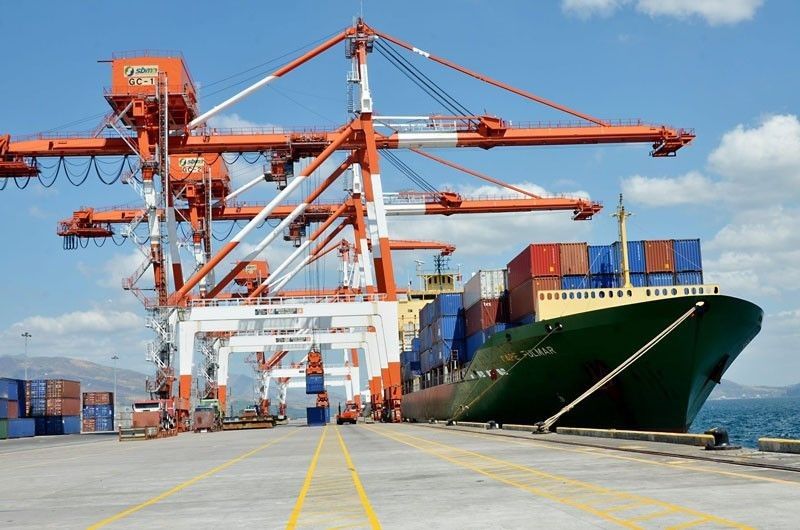Think tank cuts Philippine growth forecasts

MANILA, Philippines — Barcelona-based think tank FocusEconomics slashed the country’s projected economic expansion over the next two years due to the slower than expected growth this year as well as the impact of the trade war between China and the US.
In its latest assessment, FocusEconomics said it now expects the country’s gross domestic product (GDP) to grow by 6.4 percent instead of 6.5 percent in 2019 and 6.3 percent instead of 6.4 percent in 2020.
According to FocusEconomics, domestic demand should remain the key driver of growth, propelled by sizable infrastructure spending and a tighter labor market.
“Nonetheless, a weaker external position and negative spillovers from a protracted US-China trade dispute could cast a shadow over growth prospects,” it said.
Lindsey Ice, economist at FocusEconomics, said GDP growth in the Philippines slowed down to a three-year low of six percent in the third quarter from 6.2 percent in the second quarter and 6.6 percent in the third quarter.
“The slowdown was primarily due to softer consumer spending and a drag on growth from the external sector. Nevertheless, the Philippines remains one of the fastest growing economies in the region this year,” Ice said.
She added the domestic economy broadly held up in the third quarter despite weaker household spending as inflationary pressures corrode consumers’ purchasing power.
Private consumption grew 5.2 percent from 5.9 percent, while government consumption accelerated to 14.3 percent.
“Looking forward, economic growth should advance at a solid pace in the quarters ahead. Nevertheless, growing headwinds from near decade-high inflation, rising interest rates and pressures on the trade deficit from the import surge, could impede growth,” Ice said.
GDP growth averaged 6.3 percent in the first three quarters of the year.
The country’s economic managers, through the Development Budget Coordination Committee, lowered this year’s GDP growth target to a range of 6.5 to 6.9 percent instead of seven to eight percent.
- Latest
- Trending


























